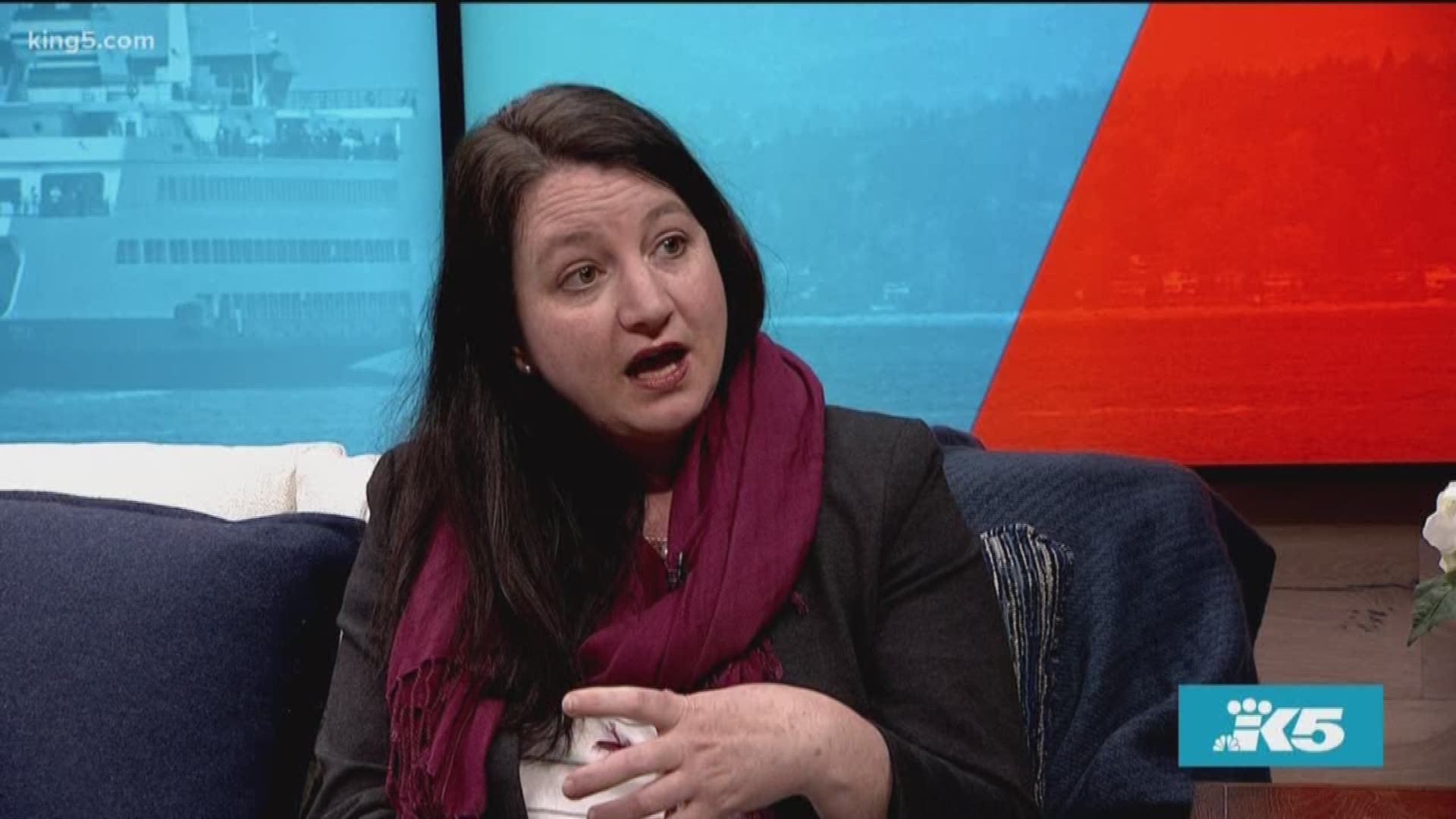SEATTLE — Many people struggling with homelessness or straining to make ends meet are also battling serious mental illnesses or substance abuse addictions that make it harder to find housing and permanent employment.
The Downtown Emergency Service Center (DESC) provides mental health services, permanent supportive housing, and shelter for those individuals struggling with homelessness. DESC is also a licensed mental health and substance abuse treatment program.
"The thing about all of our services, the reason they exist, is other services weren't meeting the needs of our clients," said Director of Fund Development, Megan Mayes.
The clientele of DESC is often dealing with serious mental illnesses like schizophrenia, depression, and bipolar disorder. These individuals often can't access traditional healthcare because their conditions require urgent treatment or make it difficult for them to wait in a traditional doctor's office with a lot of people.
"We find the best way to help them with those issues is to bring the care directly to them."
Mayes says that living without shelter and not having access to time-keeping devices or calendars makes it extremely difficult for homeless individuals to make it to appointments set far out into the future.
"We find that people are very hungry for healthcare and behavioral healthcare, but it works best if we bring those programs into our shelters and our housing programs."
DESC partners with Neighborcare Health, the Department of Veterans Affairs and Harborview Medical Center to bring medical care to their housing and shelters, and integrate those services with the behavioral healthcare they already provide.
DESC believes their integrated housing and healthcare model works better than committing individuals to treatment.
"The idea of 'putting people in treatment' is not something that actually works. Treatment works best when people have housing and it works best when it's voluntary."
Once clients are in DESC housing, they're surrounded by medical and behavioral healthcare they can access if they elect to. Mayes says this model has real results.
Their integrated care model means a client's housing, behavioral healthcare, physical healthcare, and substance abuse treatment are all working together in the best interests of the client.
Although DESC care is voluntary, many of their clients have trouble advocating for themselves which makes the outreach their organization does vital to their mission.
"The people we really want to serve are the people who have given up on asking for help. Once we get them into permanent housing we do a lot of outreach to make sure we're meeting their needs even if they're not asking for that. We're really excited about our partnership with Premera which is allowing us to survey the healthcare needs of our clients and figure out what their primary healthcare needs are so we can address those more proactively."
Mayes encourages those who want to help to volunteer to cook meals, paint walls or sort clothing, "Anyone who is interested in helping is welcome at DESC."
Mayes is proud of how DESC is there to support individuals who can't find support from any other organization. She recalls a specific resident who liked to adopt pets, and because of that couldn't get help anywhere else.
"Once she was in housing she adopted a raccoon and let pigeons into her apartment. Nobody else is going to provide housing for someone who lets pigeons into their apartment, but that doesn't mean she deserves to live outside either."
Mayes says the clients that she works with have been forgotten by society because of their substance abuse issues or mental illnesses.
"DESC is there to pick them up and make sure they're cared for. No matter where they are, no matter what they're living with, we're one of the agencies that's going to get them to their best life, whatever that means for them."
This segment is sponsored by Premera. Watch New Day Northwest 11:00 weekdays on KING-TV Ch.5 or streaming live on KING5.com. Connect with New Day via Facebook, Twitter, Instagram.

